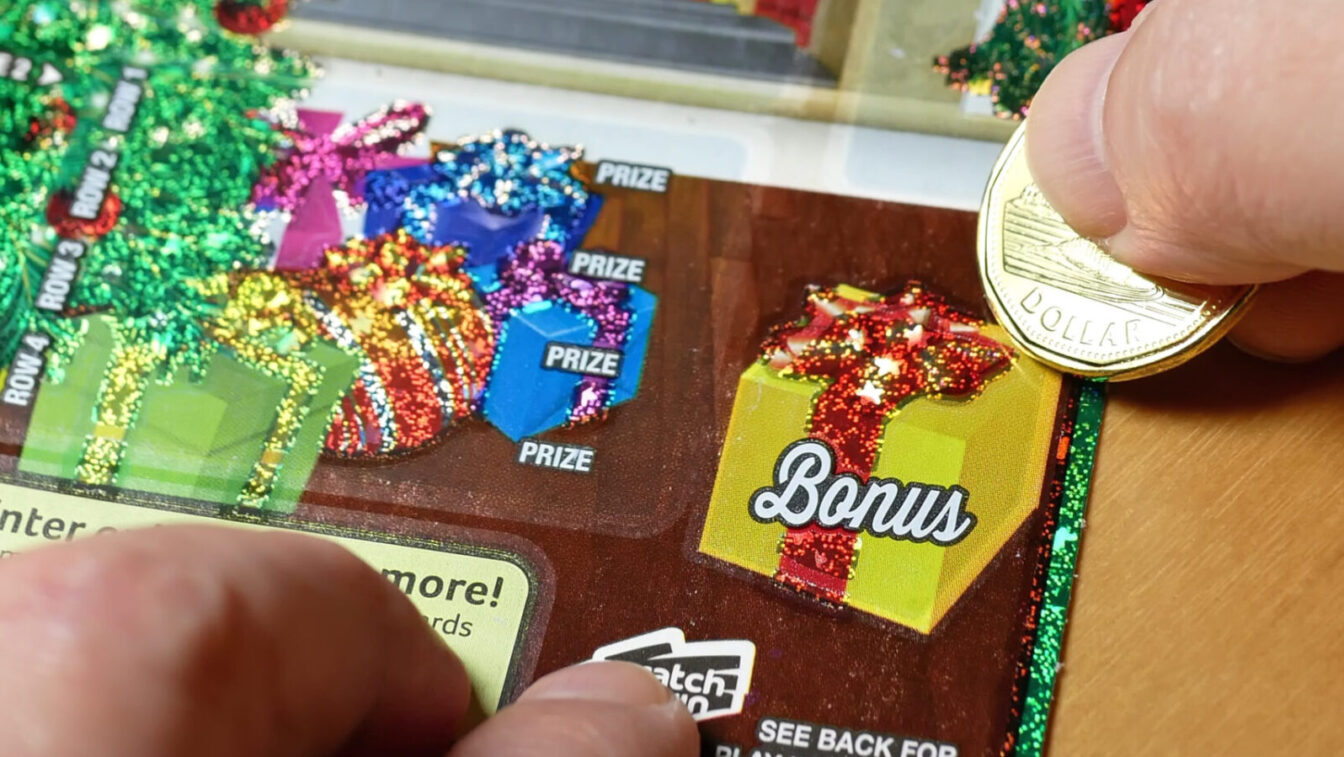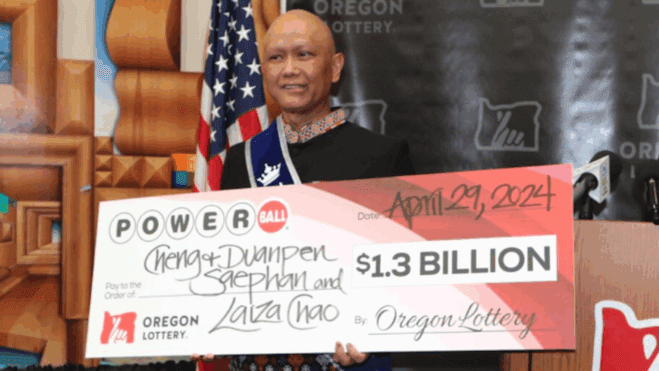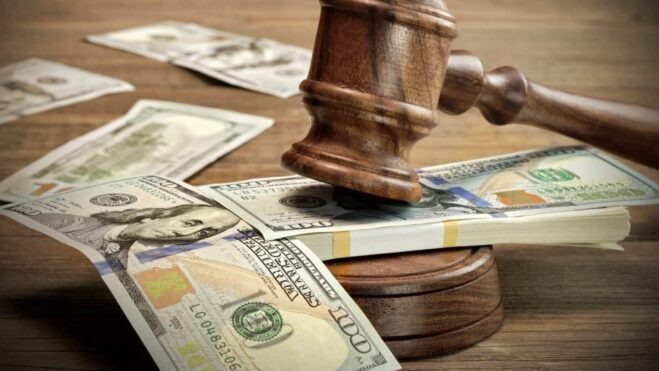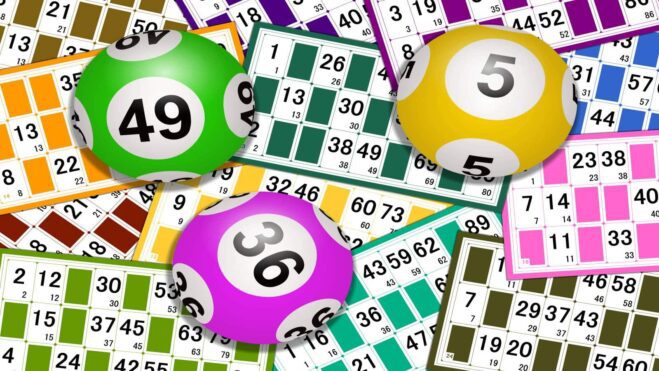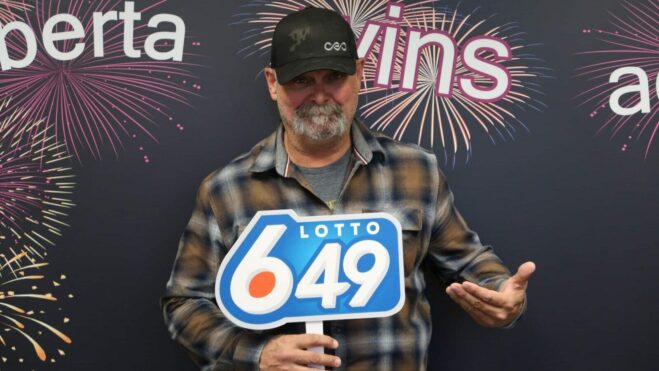The Top 5 Feel-Good Lottery Stories Of 2024
Sometimes, people in need are the very people upon whom lottery luck shines
4 min
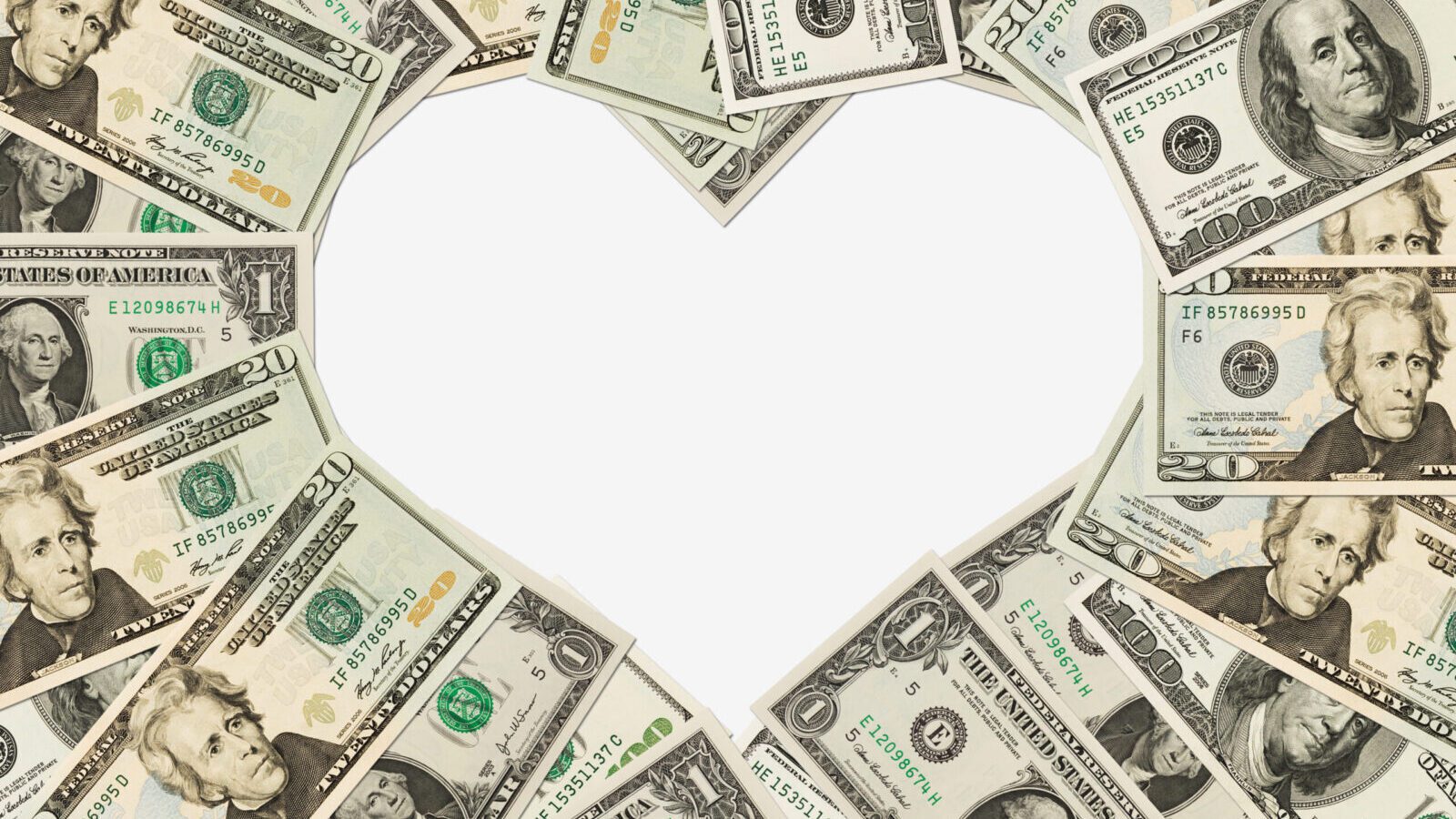
You’d have to interview a thousand economists before you’d find one that had something nice to say about the lottery. You’d get a lot of “it’s exploitative,” “it encourages gambling,” “it takes money from necessary programs,” “it disproportionately harms low-income families and areas,” etc.
On a large scale, it’s hard to argue with any of these points, but so is this: Winning millions of dollars in a lottery — or even thousands — can be life-changing, and in a very good way for people in dire circumstances. Winners are comparatively few, but those few often result in feel-good stories that can only exist in a world in which lotteries do, too.
Here are our five favorites from 2024:
Three for the money
How’s this for a Hollywood film script? A man is born in 1978 in Laos, one of the poorest countries on the planet. He moves to Thailand in 1987, emigrates to the United States in 1994, and settles in Portland, Oregon. He lands a decent job as a machinist for an aerospace company, gets a wife, has a couple kids. The American Dream, right? Then, disaster. At 36, he gets diagnosed with cancer.
The circumstances are dire when, Boom! In April, on his eighth year of chemo, our protagonist, his wife, and a family friend go in on some lottery tickets at a Plaid Pantry convenience store and win — get this — $1.3 billion, the biggest jackpot ever in Oregon and the eighth-largest lottery jackpot in U.S. history.
Sounds crazy, right? But it’s just what happened to Cheng “Charlie” Saephan, his wife Duanpen Saephan, and their friend, Laiza Chao. The three of them opt for a lump-sum payment that brings them, collectively, over $422 million after taxes. They live happily ever after.
Roll credits.
Get out your calculators
So you want to be a middle school teacher, huh? Get ready for snotty, know-it-all kids, obnoxious parents, and pushover, out-of-touch administrators. Oh, and when you need extravagancies like pencils and paper, be prepared to pay for them yourself, as your state and local governments cannot be expected to provide every little luxury.
Getting summers off is some consolation, but a group of friends and co-workers at a middle school in northern Kentucky got a little something extra for their troubles in February when they hit the Match 5 in the Powerball for a $1 million prize.
A group of teachers, former teachers, counselors, administrators, and school nurses who call themselves “The Jones 30” — because they all worked at or continue to work at Jones Middle School in Florence, and there are 30 of them — have been playing the same numbers for years. When 7-38-65-66-68 finally hit, the retired math teacher who manages it for the group started notifying everyone and hid the ticket in a math book for safekeeping because, “No one looks in a math book. I knew it would be safe there.”
The bad news? A million dollars split 30 ways is only $33,333.33, and that’s before taxes. And if the group chose a one-time cash payout, it was even less than that. Still, that much scratch buys a lot of pencils and paper.
Turn that frown upside-down
In April, Michael Simons Jr. of Massillon, Ohio, finished up a grueling, 12-round course of industrial-strength chemotherapy treatment designed to rid him of the advanced colon cancer doctors had discovered during a colonoscopy. It worked. His scans came back clear.
Five months later, in September, he stopped at a local Mini Mart on his way to work and bought a lottery ticket. It was a bust.
But while out buying work supplies the same day, Michael stopped again at the same store and bought another. This one? A million-dollar winner.
He took the cash option, which netted him $360,000 after taxes. His plans for the money? Get his teeth fixed, gift some money to his dog’s veterinarian, and make a donation to the chemotherapy center that helped save his life. Talk about paying it forward.
Great Scot!
Every once in a while, a lifetime devoted to honest labor and clean living is rewarded near the end. Consider the case of Ian and Marlyn Anderson, a couple from Stirling, Scotland. Married 32 years. Two children. Five grandchildren. A great-grandchild. Ian made a long, hard living in construction at a time when asbestos and who knows what else was everywhere around him.
In his early 70s, Ian was diagnosed with pleural plaques and pulmonary fibrosis. Civilians know this as scarring of the lungs. Pretty soon he needed oxygen around the clock. He struggled to breathe. His wife became his full-time caregiver. They turned the living room into a hospital room. Doctors said it wouldn’t be long and to enjoy the time he had left.
Ian was 77 in March when he and Marlyn bought a EuroMillions Lucky Dip ticket and hit the jackpot: £1m ($1,275,607.83 U.S.). Their first purchase: a bungalow to live in that has everything Ian needs. “Winning the lottery can buy you things you couldn’t afford, but it can’t buy your health,” Marlyn said. “So the next best thing is [to] make your life as comfortable as you can.”
Flying high
A Pennsylvania woman whose flight to Florida kept getting canceled in June said to hell with it, left the airport in a huff, and on her way home bought a lottery ticket that made her an instant millionaire.
Who says patience is a virtue?
Donna Osborne, a 75-year-old grandmother and great grandmother, bought a $50 “Monopoly Own It All” scratch-off ticket at a Speedway in Leola and didn’t even wait to get home to see if she’d won. She rubbed it off in the Speedway parking lot and ran back into the store to have the clerk confirm.
Osborne had just finished a round of radiation intended to kill the cancerous tumors in her breast. She told reporters she had no plans to quit her job providing transportation to members of the Amish community near her neighborhood.
“I don’t know what I’d do with myself,” she said. “I have to keep moving.”

